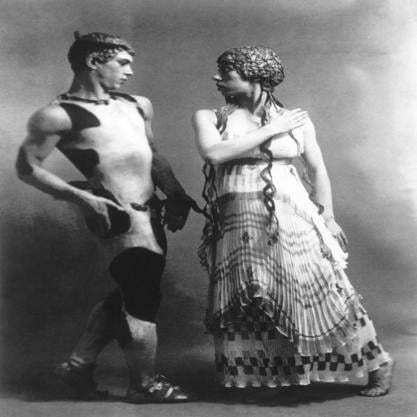Article
Devi, Ragini (1893–1982) By Mattson, Rachel
Article
Ragini Devi (née Esther Luella Sherman) was a white American dancer and ethnographer who devoted her life to studying and preserving Indian classical dance. In doing so, she contributed to the effort to revive—or, more accurately, to reimagine—Indian classical dance in the 1930s, 40s, and 50s, and to invent, in the US, the idea of “ethnic” or “world” dance. Born in the Midwest in 1893, Devi was raised in Minneapolis to be a proper, middle-class, white, American lady. But in the early 1920s, she cultivated a richly detailed, thoroughly fictional identity as a “high caste Oriental woman” who had learned to perform so-called “Hindu” dances in the caves of Tibet. Her New York Times obituary (January 26, 1982) noted that Devi’s greatest achievement was that she “was instrumental in introducing dances of India to US.” But, looking back, it is clear that in addition to her artistic and ethnographic achievements, Ragini Devi’s life is notable for its demonstration of key elements in the history of Americans’ fascination with the East, and the exotic longings that reside at the heart of American whiteness.

